
Image Source: Best Crowdfunding Platforms In Germany | Truust
Trying to the next major investing trend is easier said than done. Often times, investors overcomplicate their investing strategy, with the hope that finding obscure or unknown companies will lead to better returns.
However, this process doesn’t have to be complicated.
Whether you’re looking to find the latest AI startup or exciting real estate venture, the relatively new industry of equity crowdfunding is making it easier than ever to for entrepreneurs to raise money and for investors to diversify their portfolios into investments that was previously reserved for venture capitalists and banks.
Today, we will be taking a look at every type of equity crowdfunding platform, covering what they do, the pros and cons of each, as well as take a look at some niche websites that are doing much more than just straight forward equity investing.
Top Crowdfunding Platforms for Investors
In the heart of the crowdfunding revolution, a few platforms have risen to the top, distinguished by their reliability, user base, and track record of success. These platforms have not only created countless success stories, but they have also earned the trust of crowdfunding investors worldwide.
Below, we profile some of the leading equity crowdfunding platforms that have become go-to resources for investors looking to diversify their portfolios through investing in private companies.
Additionally, we will also cover some less well-known crowdfunding platforms that are operating in niche areas and/or in other parts of the world.
Kickstarter

Image Source: Kickstarter to move to the blockchain for… reasons? | Board Game Quest
Primarily focused on creative projects like art, music, and design, Kickstarter operates on a reward-based system. Investors back projects in exchange for a future reward, such as a product or a special experience.
While not offering equity or financial returns, Kickstarter allows investors to support projects they are passionate about and want to see successful.
Pros:
- Wide variety of projects.
- Open to non accredited investors.
- All-or-nothing funding model encourages creators to set realistic goals.
- Strong community engagement and support.
- No financial risk to investors; instead, they receive product rewards.
Cons:
- No financial or equity return on investment.
- If a project fails after funding, backers may not receive their product or reward.
Indiegogo

Image Source: The Indiegogo Blog – The Indiegogo Review | Indiegogo
Similar to Kickstarter, Indiegogo offers a platform for a wide array of projects, including inventions, gadgets, and personal campaigns. What sets it apart is its flexible funding option, where creators can choose to keep all funds raised, even if the project does not meet its goal. This feature offers a layer of protection for project creators and shows a commitment to bringing a diverse range of ideas to life.
Pros:
- Flexible funding option allows creators to keep all funds raised.
- Offers both fixed and flexible funding campaigns.
- Available globally, allowing for a wide range of investment opportunities.
Cons:
- Rewards-based, with no equity or financial return.
- Less stringent project selection compared to equity-based platforms.
SeedInvest
Image Source: SeedInvest Review: Pros, Cons, and Who Should Set up an Account | Business Insider
Focusing on equity crowdfunding, SeedInvest allows investors to purchase stakes in startups and early-stage companies. The platform has a rigorous vetting process, accepting only a small percentage of applicants, which serves to increase the quality of investment opportunities. For investors looking for potential financial returns and a stake in emerging companies, SeedInvest provides a curated selection of tech startups and other ventures.
Pros:
- Provides potential for real financial returns through equity.
- Rigorous vetting process ensures quality of investment opportunities.
- Offers AutoInvest feature to easily diversify investments.
Cons:
- Must be an accredited investor.
- High minimum investment amounts may be a barrier for some investors.
- Illiquid investments with no guarantee of a secondary market for exit.
- Does not offer real estate crowdfunding options.
CircleUp
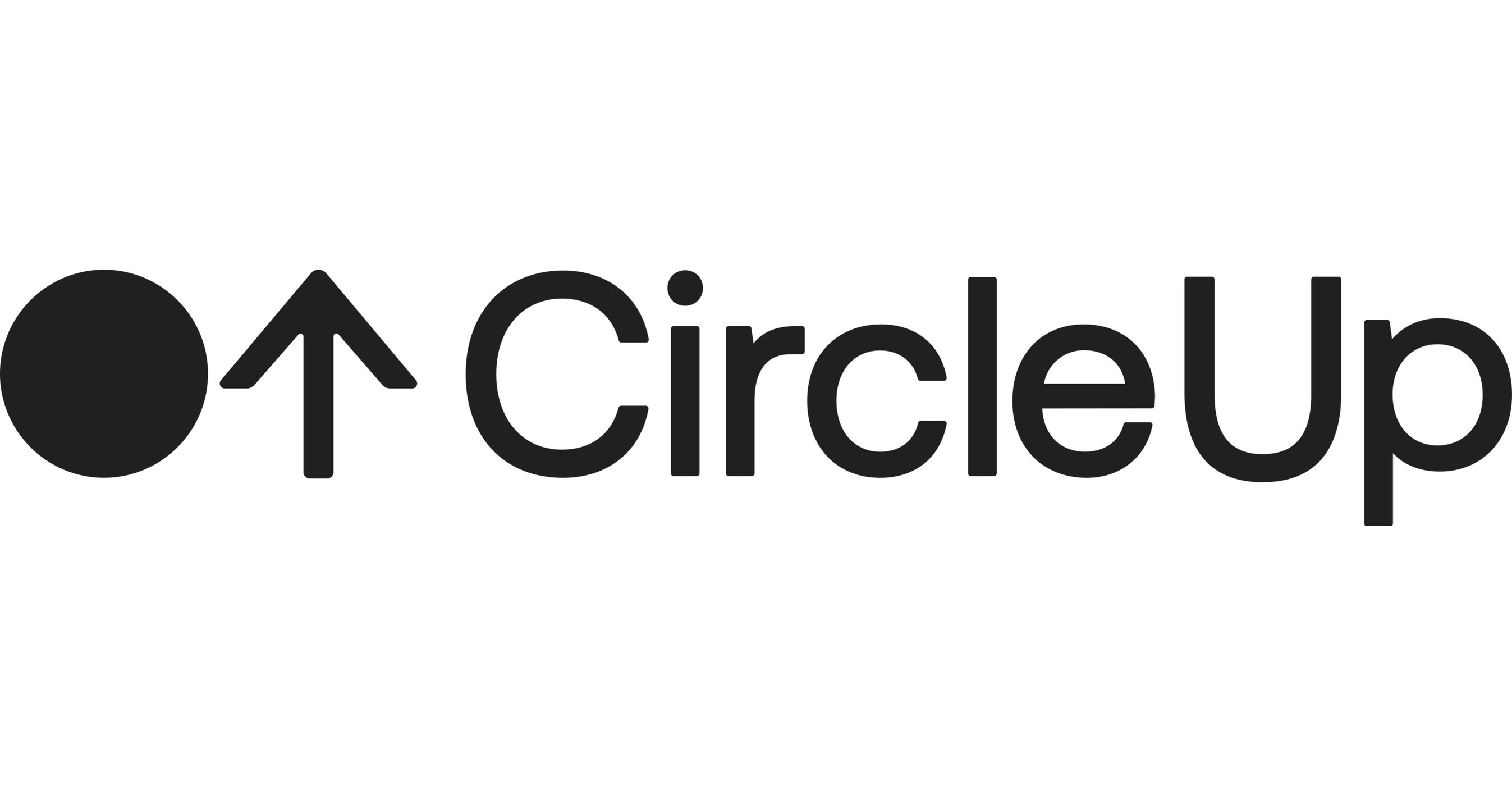
Image Source: CircleUp Acquired by Brightflow AI | PR Newswire
CircleUp is an equity-based crowdfunding platform that targets innovative consumer brands. With an emphasis on retail and consumer goods, it uses data-driven algorithms to help investors find companies with the potential for high growth. CircleUp also offers a secondary market, providing a platform for investors to sell their stakes in businesses, which is not commonly found in other equity crowdfunding sites.
Pros:
- Focus on consumer and retail sectors, which are often more stable and understandable for investors.
- Data-driven approach to selecting investment opportunities.
- Provides a secondary market for liquidity.
Cons:
- Limited to consumer goods sectors, which may not appeal to all investors.
- High minimum investments and fees for access to certain features.
LendingClub
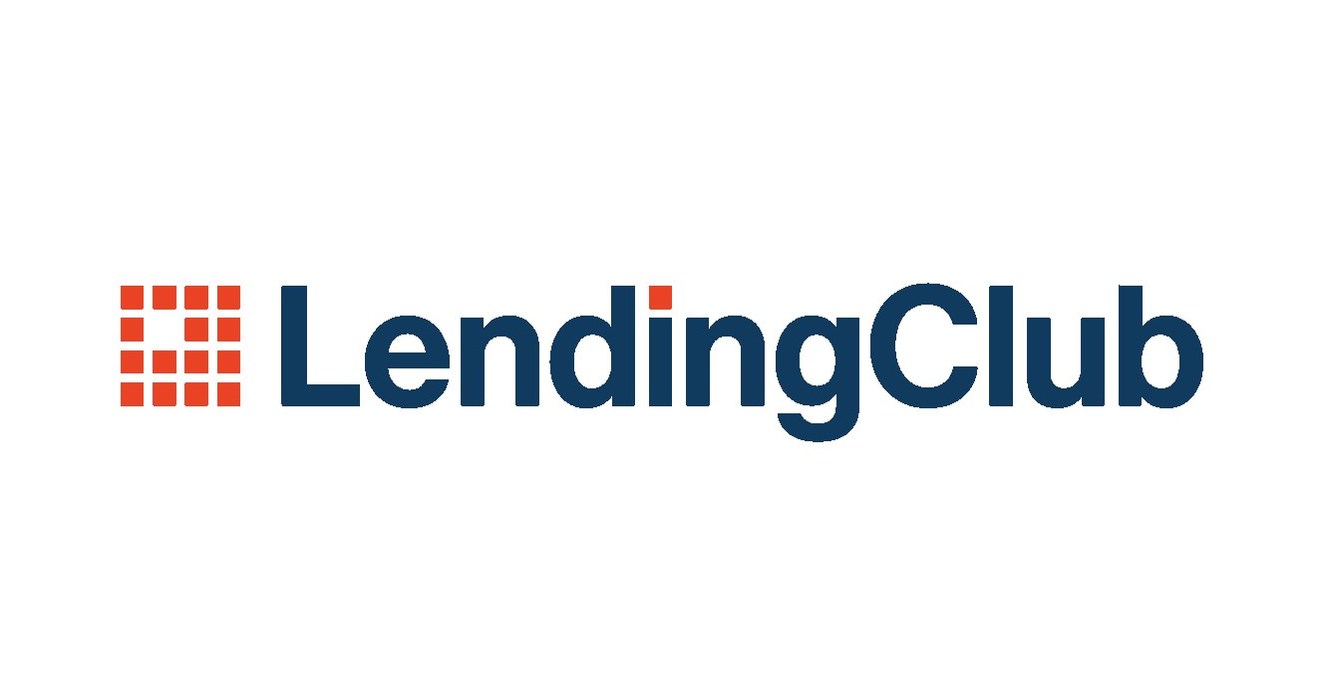
Image Source: LendingClub Adds Client-to-Client Sales to Its LCX Automated Loan Auction Platform | PR Newswire
LendingClub is a pioneer in peer-to-peer lending, allowing investors to fund loans for individuals and earn returns in the form of interest payments. It diversifies an investor’s portfolio into debt-financed assets, providing a steady income stream while contributing to the credit needs of others.
Pros:
- Steady stream of income through interest returns.
- Automated investing option to spread risk across multiple loans.
- Lower minimum investment threshold.
Cons:
- Default risk if borrowers fail to repay loans.
- Returns may be lower compared to equity investments.
- The secondary market can be less liquid than traditional markets.
All these platforms represent the forefront of crowdfunding, each with its unique approach to connecting users with investment opportunities.
From supporting the arts to taking a stake in the next big consumer brand, these platforms offer investors a variety of ways to engage with and fund innovative ideas.
As investors look to diversify their portfolios and explore new investment frontiers, these top crowdfunding platforms provide the tools and environments to make informed and impactful investment decisions, all from the comfort of their own homes.
Best Niche Crowdfunding Platforms
Niche crowdfunding platforms have emerged as a powerful means for investors with specialized interests to directly fund specific sectors or causes.
By targeting distinct market segments, these platforms offer unique opportunities for both investors and project creators.
StartEngine:

Image Source: Blog | StartEngine
Description: StartEngine helps everyday people invest and buy shares in startups and early growth companies. It specializes in green tech and innovative products.
Pros:
- Strong focus on innovative and sustainable technology.
- Investor-friendly features like secondary trading of shares.
Cons:
- Investments can be long-term and illiquid.
- The platform charges a fee on all investments.
Wefunder:

Image Source: Login | Invest in Startups You Love | Wefunder, Home of the Community Round | Wefunder
Description: Wefunder is a large crowdfunding platform that allows investments in many different kinds of startups from various sectors including tech, health, and social enterprises.
Pros:
- Low minimum investments broaden access to venture capital opportunities.
- Offers a wide range of investment opportunities in different sectors.
Cons:
- Startups are high risk and may not always provide returns on investment.
- Due diligence is largely investor-driven, requiring more effort from the user.
Seed&Spark:

Image Source: Seed & Spark Adds iN DEMAND to Distribution Platform to Extend Its Reach to 100 Million Homes | IndieWire
Description: Seed&Spark is focused on crowdfunding for independent filmmakers and creators, aiming to bring diverse stories and creative projects to life.
Pros:
- Specialized in the film industry with a passionate community.
- Offers support and education to creators beyond funding.
Cons:
- The success of projects is heavily reliant on the film’s market performance.
- Rewards-based returns can be non-monetary.
Experiment:

Description: Experiment is a platform dedicated to funding scientific research, allowing the public to support new discoveries in various fields of science.
Pros:
- Directly funds scientific research with a transparent funding model.
- Backers receive detailed updates and results from the research.
Cons:
- Contributions are philanthropic with no financial return.
- May require a deeper understanding of scientific research to assess project potential.
Best International Crowdfunding Platforms
In an increasingly interconnected world, international crowdfunding platforms stand as pillars of global financial collaboration, breaking down traditional barriers to investment.
These platforms provide a gateway for investors to explore and contribute to ventures across different continents, tapping into emerging markets and innovative projects that were once out of reach.
This section introduces the leading international crowdfunding platforms:
Crowdcube:
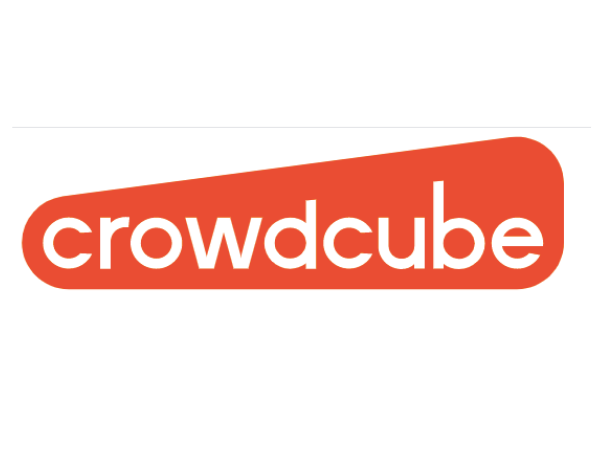
Image Source: Future Food Finance | Crowdcube
Description: Crowdcube is one of the UK’s leading investment crowdfunding platforms, offering a range of equity investment opportunities in startups and scale-ups from various industries.
Pros:
- User-friendly platform with a diverse array of investment opportunities.
- Allows for smaller investments, making it accessible for individual investors.
Cons:
- Concentrated on the UK market, which may limit international diversity.
- Investments are typically illiquid with an uncertain timeline for returns.
Seedrs:

Image Source: Making It Simple To Buy Into The Businesses You Believe In | Seedrs
Description: Seedrs is an online platform that allows people to invest in startups and other growth-focused businesses throughout Europe and earn a return if the business does well.
Pros:
- Offers a secondary market for selling shares in startups.
- Open to all types of investors and provides an array of sectors to invest in.
Cons:
- Relatively high fees for investment services.
- The complex structure of some investment options might be confusing for new investors.
Makuake:
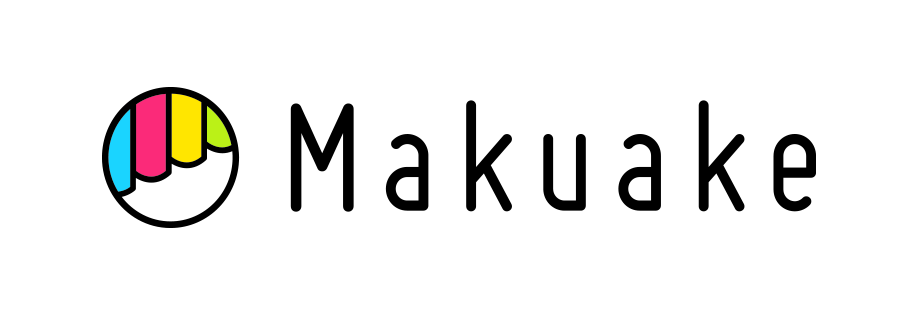
Image Source: Indiegogo’s New Partnership with Japanese Pre-Order and Support Platform Makuake | The Indiegogo Review
Description: Makuake is one of Japan’s most prominent crowdfunding platforms, showcasing innovative products and projects seeking support to reach bigger markets.
Pros:
- Strong market presence in Japan, offering unique investment opportunities.
- Successful projects often gain significant media attention.
Cons:
- Language and cultural barriers for non-Japanese investors.
- Focus is on pre-order crowdfunding rather than equity investment.
OurCrowd:
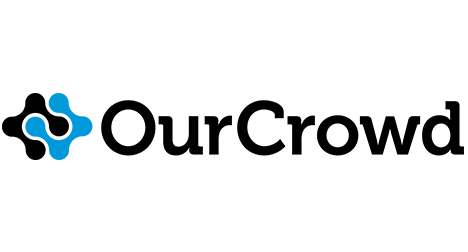
Image Source: Investing in the Future: Startup and Venture Capital Investments | OurCrowd
Description: OurCrowd offers a curated selection of investment opportunities in startups across the globe, operating much like an international venture capital firm for accredited investors.
Pros:
- Access to vetted startups around the world.
- Professional due diligence is performed on each investment opportunity.
Cons:
- High minimum investment which is suitable mostly for accredited investors.
- Investments are long-term and not easily liquidated.
Each platform brings something unique to the table, and the best choice for an investor will depend on their individual interests, investment goals, and risk tolerance.
From real estate investing to clean energy, there is now a crowdfunding site for every type of investor. Hopefully the list above will help narrow down your research and provide a strong starting point when looking to find private equity opportunities.
Risks and Challenges
Crowdfunding has fundamentally altered how to invest online providing some truly unique opportunities.
But (and this is a big but) it has also introduced new risks and challenges. Understanding these risks is paramount for investors who want to start investing in any type of equity crowdfunding campaign.
Common Risks Associated with Crowdfunding Investments:
- Project Failure Risk: Many crowdfunding projects are in early development stages and may fail to come to fruition.
- Liquidity Risk: Investments in crowdfunded projects are often illiquid and can’t be easily sold or traded.
- Regulatory Risk: Crowdfunding is subject to evolving laws and regulations that could affect the viability of investments.
- Fraud Risk: There’s a possibility of fraudulent projects or platforms, though rare, this can lead to a total loss of investment.
How to Mitigate Risks:
- Diversify Investments: Don’t put all your eggs in one basket; spread your investments across different projects and platforms.
- Conduct Due Diligence: Research the projects and the team behind them thoroughly before investing.
- Understand the Platform’s Processes: Choose platforms with strong vetting procedures and transparent operations.
- Stay Informed: Keep up-to-date with the latest regulations and legal changes in the crowdfunding domain.
Legal and Tax Considerations:
- Legal Structure: Understand the legal structure of the investment, whether it’s a donation, reward, equity, or debt is critical.
- Tax Implications: Be aware of the tax implications of your investments, including potential deductions for losses or taxes on gains.
How Can I Get My Company on a Crowdfunding Platform?
Switching gears to the viewpoint of the entrepreneur, now that you know a little about the best online platforms, you may now be asking yourself, how can I get my business on one of these sites?
Getting your business on a crowdfunding platform can feel like an overwhelming or downright impossible task, however with a structured approach, startup companies might find that it is easier than first thought.
Here we’ll outline the key steps to follow when trying to successfully raise funds through crowdfunding.
Research and Select a Platform
Begin by investigating various crowdfunding platforms to identify one that aligns with your company’s industry, funding needs, and goals. Consider the type of crowdfunding—whether rewards, equity, debt, or donation—that fits your strategy, and scrutinize each platform’s audience, track record, and fee structure.
Understand the Platform’s Requirements and Policies
Each platform has its own set of rules regarding eligibility, types of projects they support, and funding policies. It’s essential to fully understand these to ensure your campaign complies with the platform’s guidelines and to avoid any legal or operational surprises.
Engage with various platforms and start asking them questions regarding what their processes and policies are.
Develop Your Campaign Material
Creating compelling campaign content is crucial. This includes drafting a clear and concise description of your business and funding objectives, producing a high-quality video pitch, and providing detailed visuals of your product or service. The content should clearly communicate the value proposition to potential backers and motivate them to support your campaign.
Plan Your Campaign Strategy
Set a realistic funding target based on your project’s needs, factoring in the costs of rewards fulfillment and platform fees. Outline the timeline of your campaign and decide on the structure of rewards that will incentivize backers. Ensure that these rewards are valuable to your backers and feasible for your company to deliver.
Prepare for Launch
Before launching, develop a comprehensive marketing plan to promote your campaign through various channels. This may include social media, email marketing, press engagements, and networking within relevant communities. The goal is to build a buzz around your campaign so that you can hit the ground running once you go live.
Apply to the Platform
Complete the platform’s application process, which typically involves submitting your campaign materials, business plan, and financials. Some platforms may provide feedback and assistance to optimize your campaign before launch, so take advantage of this support to enhance your chances of success.
Launch and Manage Your Campaign
After launching, actively manage your campaign by monitoring its progress, engaging with backers, and keeping the community updated and involved. Be responsive to questions and feedback, and be prepared to adjust your tactics based on campaign performance data.
Post-Campaign Activities
If your campaign is successful, focus on fulfilling rewards and delivering on your promises. If you don’t meet your funding goals, assess the campaign, gather feedback, and consider reapplying or trying a different platform. Regardless of the outcome, keep your backers informed and maintain transparency about the next steps.
Throughout the entire process, professionalism and clarity in communication are most important. Engage with potential backers with the same level of professionalism as you would with in-person clients or investors, and maintain this standard of communication from your initial research phase through to the completion of your crowdfunding campaign.
Conclusion
Whether you are an entrepreneur with a vision or an investor with an eye for potential, the crowdfunding world offers many different platforms to meet your needs.
Today, we’ve looked at the cream of the crop, examining the top-tier players, the niche specialists, and the international sites where ideas meet funding. As well, we’ve also shed light on the inherent risks associated with crowdfunding and provided some simple steps for entrepreneurs looking to raise capital on these sites.
Remember that the success of a crowdfunding campaign or investment hinges not just on the choice of platform but also on the due diligence, engagement, and strategic planning that goes into the it.
Choose wisely, act smartly, and watch as your business or investment grows from a mere concept into a market reality. Crowdfunding is more than just raising funds; it’s about creating communities, telling stories, and bringing dreams to life.
So go ahead, take that step, and join the world of entrepreneurship!
Disclosure/Disclaimer:
We are not brokers, investment, or financial advisers; you should not rely on the information herein as investment advice. If you are seeking personalized investment advice, please contact a qualified and registered broker, investment adviser, or financial adviser. You should not make any investment decisions based on our communications. Our stock profiles are intended to highlight certain companies for YOUR further investigation; they are NOT recommendations. The securities issued by the companies we profile should be considered high risk and, if you do invest, you may lose your entire investment. Please do your own research before investing, including reading the companies’ public filings, press releases, and risk disclosures. The company provided information in this profile, extracted from public filings, company websites, and other publicly available sources. We believe the sources and information are accurate and reliable but we cannot guarantee it. The commentary and opinions in this article are our own, so please do your own research.
Copyright © 2023 Edge Investments, All rights reserved.
